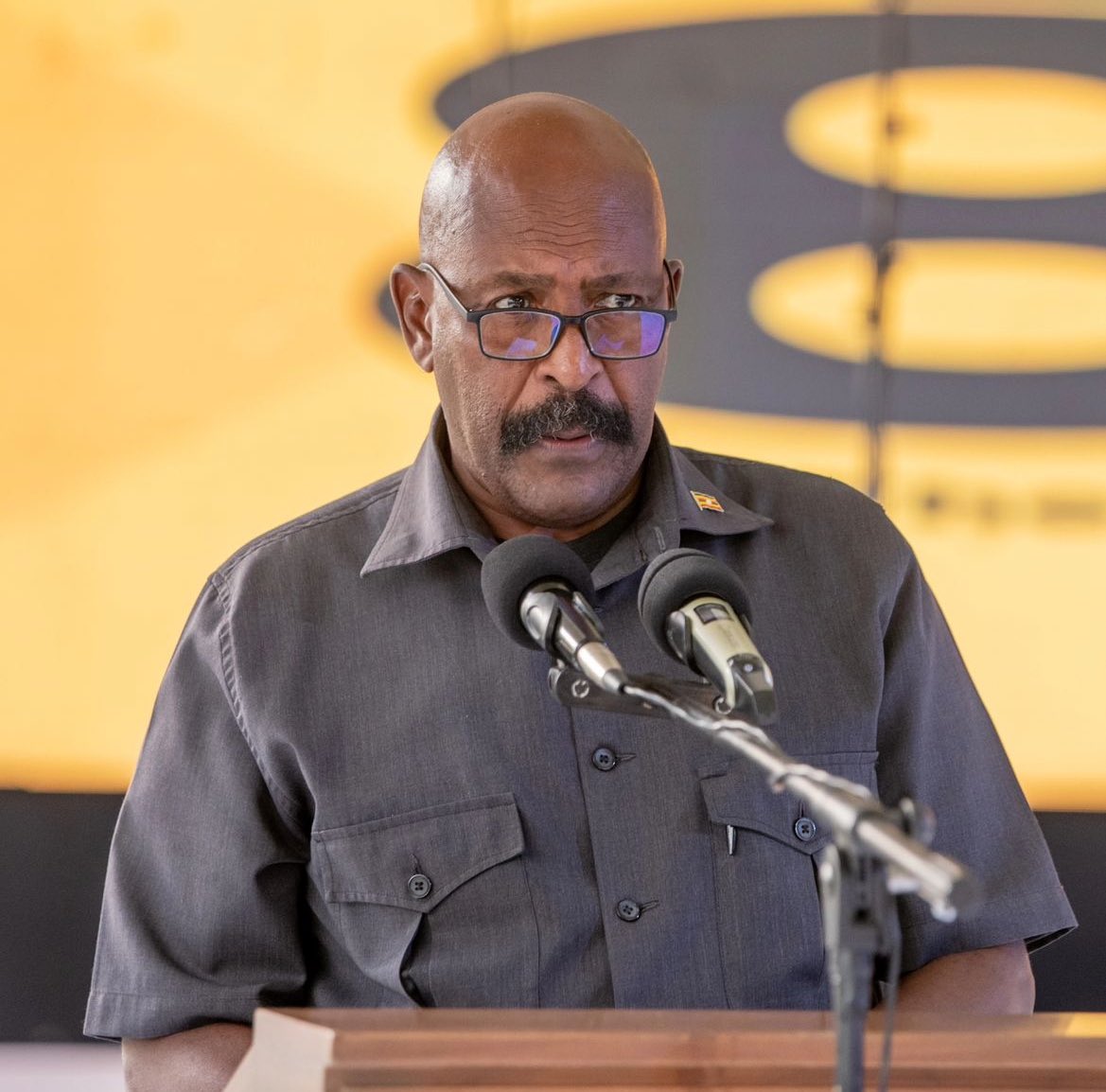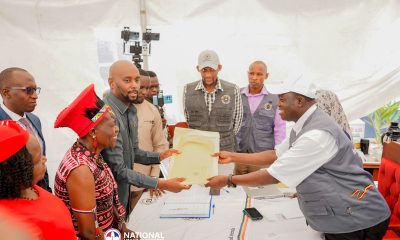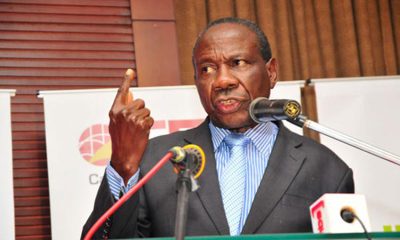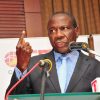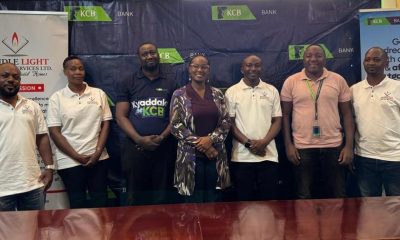Corporate
UIRI’s Leadership Shake-Up: Can Gen. Koreta Steer Uganda’s Industrial Research Institute Back on Track?
The recent swearing-in of a new board of directors at the Uganda Industrial Research Institute (UIRI), with retired General Ivan Koreta appointed as Chairperson, marks a critical moment for one of Uganda’s key parastatals in industrial development. The move comes against a backdrop of repeated governance challenges, stalled projects, and growing public scrutiny over the institute’s performance. But beyond the ceremonial appointment lies a complex web of institutional, political, and operational factors that will determine whether UIRI can finally fulfil its mandate.
Governance Challenges at the Core
For years, UIRI has faced criticism over poor leadership and internal conflicts, particularly surrounding the Executive Director, Prof. Charles Kwesiga. Allegations of malfeasance, defiance of board directives, and a “big-headed” management style have eroded confidence in the institute. Auditor General reports and parliamentary committee findings have repeatedly flagged financial mismanagement, underutilised equipment, and stalled industrial projects. Such systemic challenges have not only hampered UIRI’s operational efficiency but also threatened Uganda’s broader industrialisation agenda.
The appointment of Gen. Koreta, a respected former Deputy Chief of Defence Forces and NRA veteran, is therefore symbolic as much as it is practical. His reputation for discipline and experience in high-level administration could help re-establish authority within the boardroom, enforce accountability, and signal a new era of strategic oversight.
Balancing Authority and Innovation
One of the critical tasks ahead for Gen. Koreta and the board will be to balance strong governance with fostering an environment conducive to research and innovation. UIRI’s mandate is expansive: it is charged with driving industrialization through research, technology transfer, value addition, SME support, and business incubation. Achieving these objectives requires not just oversight but also a culture that encourages creativity, collaboration, and responsiveness to market needs.
Past reports indicate that UIRI’s potential has been stifled by internal wrangles and a lack of strategic vision. Reviving its research programs, operationalising advanced equipment, and creating functional pathways for SME support will require both strong leadership and technical expertise among board members and staff. The challenge will be ensuring that discipline does not stifle innovation—a balance that has eluded the institute in previous administrations.
Political and Economic Implications
The leadership change at UIRI also carries broader political and economic significance. As a parastatal under the Ministry of Trade, Industry and Cooperatives (MTIC), UIRI is central to Uganda’s industrialisation and Vision 2040 strategy. Inefficiencies within the institute have ripple effects on SMEs, technology adoption, and value addition, ultimately influencing national economic growth.
Gen. Koreta’s appointment can be interpreted as the government’s commitment to tighter oversight of public institutions, signalling to investors and the private sector that UIRI’s operations will now be more transparent and accountable. This could restore confidence among partners, attract new collaborations, and ensure that research outputs translate into practical industrial applications.
The new board faces an uphill task: rebuilding trust, streamlining operations, and ensuring that UIRI fulfils its mandate as a driver of Uganda’s industrialisation. Success will depend not only on Gen. Koreta’s leadership but also on the board’s ability to implement clear strategic plans, strengthen governance mechanisms, and foster collaboration across departments and with external stakeholders.
Ultimately, the stakes are high. UIRI’s performance is not just about one institution; it reflects the broader challenges and opportunities in Uganda’s industrial sector. If managed well, the new leadership could transform UIRI into a benchmark for accountability and innovation in government research institutions, directly contributing to Uganda’s economic growth and industrial development.
This analysis underscores a central question: Can a board led by a retired military general successfully marry discipline with innovation to revitalize an institution mired in governance challenges? The answer will shape Uganda’s industrial trajectory in the coming years.
Comments



